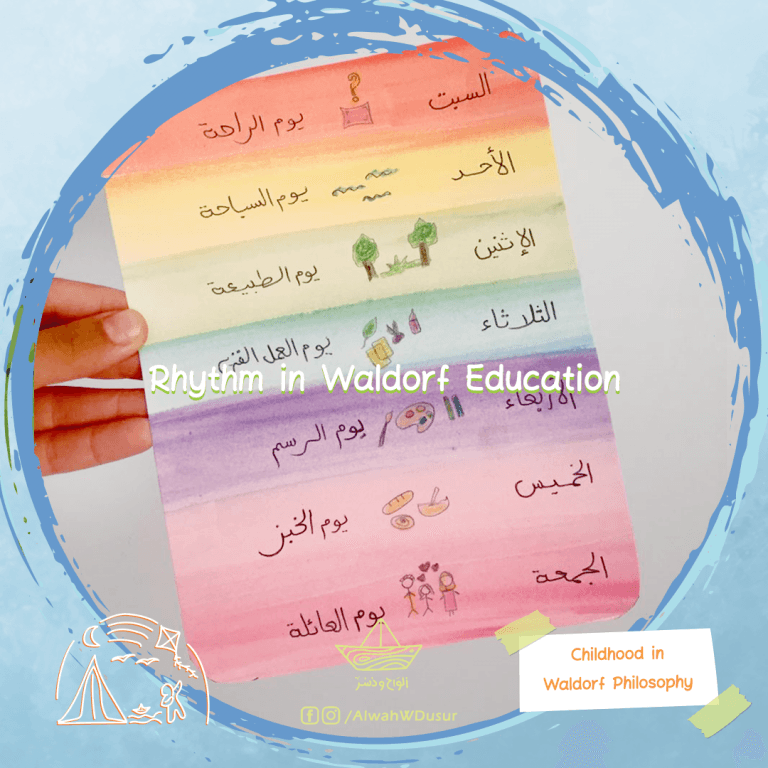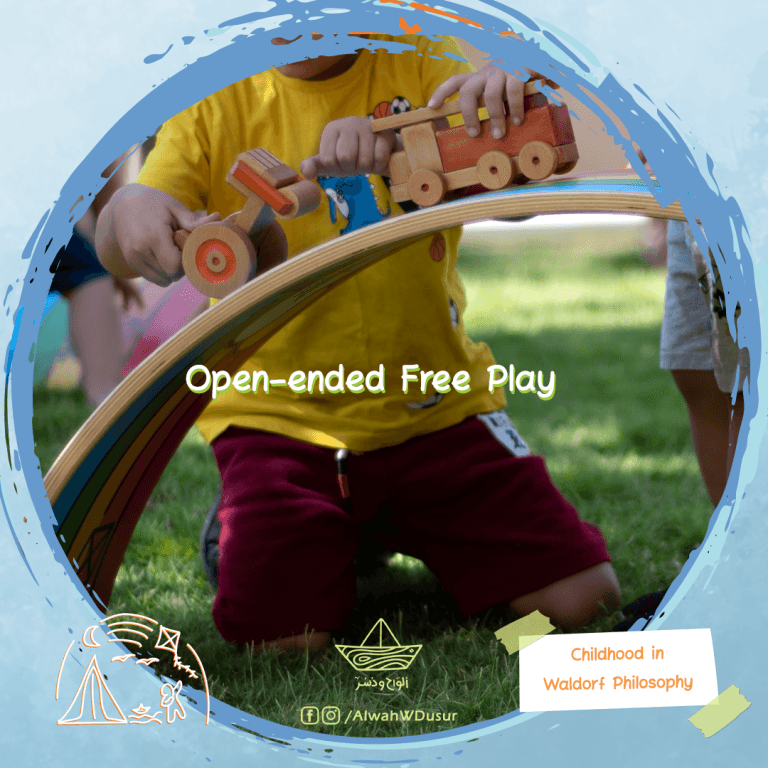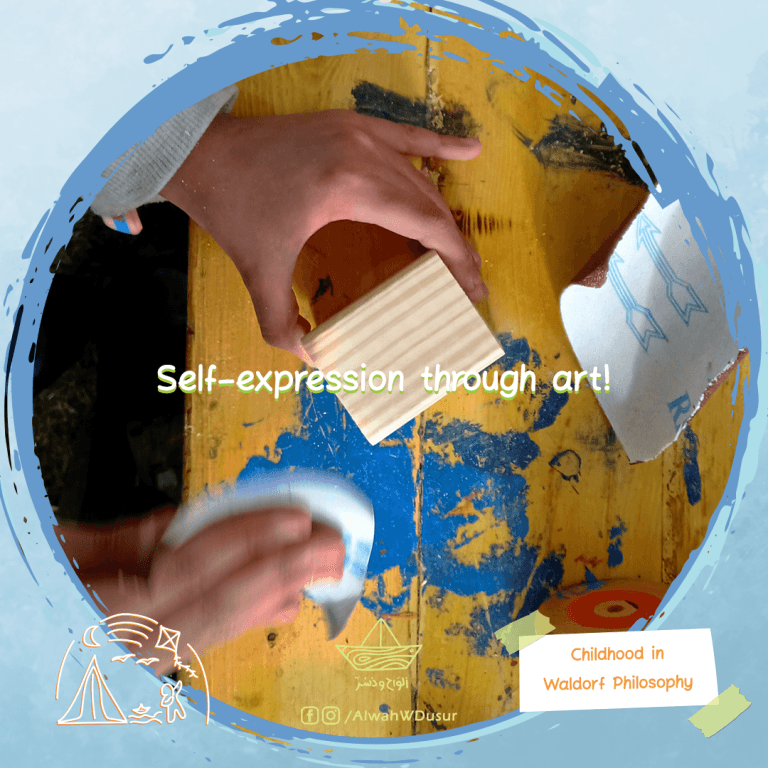Childhood in Waldorf Philosophy
[vc_row][vc_column][vc_column_text]
Waldorf Philosophy is one of the distinguished philosophies that thoroughly explained childhood with great proximity to instinct.
It was established by Steiner, a philosopher with many writings who studied man at all stages and aspects of his life. He had a sensitive, profound, and warm vision of the human being.
He laid down the principles of his philosophy when people’s preoccupation with the material prevailed after World War I so that he could return them to interact with nature again.
His philosophy is one of the most respectful of childhood and the child’s right to free and unjustified play, thus, it limited the role of the teacher and parents during the first years of the child’s life in creating a warm atmosphere and a supportive and safe environment in a way that helps stimulate his senses.
Waldorf’s philosophy of play and the child’s learning environment (whether it is indoors or in kindergarten) is a remarkable vision that has many aspects worth showing and exploring!
We will take you on a short journey from AlwahWDusur in collaboration with Prof. Shimaa Ewais (a teaching assistant at the Faculty of Early Childhood Education – Cairo University, holder of a diploma in Learning and Art therapy in Waldorf Philosophy) to present this vision in a series entitled “Childhood in Waldorf Philosophy” in order to share with you the principles of Waldorf Education, and we will certainly talk about her view of children’s play and talent development, and other interesting topics, we hope it will be useful to you.
[/vc_column_text][/vc_column][/vc_row]







